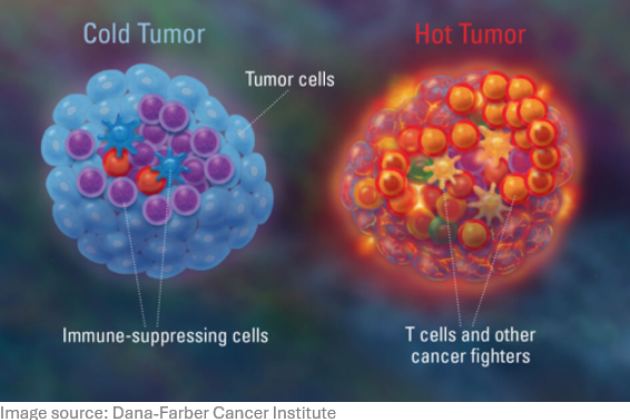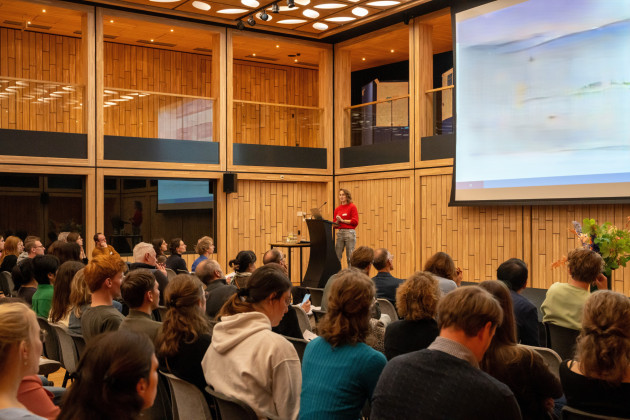Senior Researcher

My research focusses on the metabolism of conventional and regulatory T cells following different modes of (co)stimulation. Conventional T cells play an important role in the defense against invading pathogens, but also mediate antitumor immunity. In contrast, regulatory T cells protect against the development of autoimmunity. Conventional T cells undergo rapid clonal expansion upon activation of the TCR/CD3 complex and costimulation via CD28. This requires metabolic reprogramming characterized by a switch from oxidative phosphorylation to glycolysis, which generates the building blocks for nucleotide-, protein- and lipid synthesis. In collaboration with the group of prof. Celia Berkers at Utrecht University, we have recently identified that regulatory T cells can also undergo a glycolytic switch, which is induced upon costimulation via CD120b/TNFR2. Furthermore, regulatory T cells appear to have metabolic adaptations downstream of glycolysis, which may be related to their functionality. Further understanding of the metabolic program in T cells following their activation may open new avenues for future therapeutic strategies to steer the immune response in the desired direction.
I obtained my BSc in Biomedical Sciences (2007) and MSc in Pharmaceutical Sciences (2009) at Utrecht University. During my master’s internship, I studied the interactions between intestinal epithelial cells and immune cells using an in vitro cell culture model. This work was continued in my PhD studies, also at Utrecht University, where I investigated the effects of dietary non-digestible oligosaccharides on the mucosal immune system of the gastrointestinal tract, by translating in vitro findings to in vivo mouse models for food allergy and inflammatory bowel disease (IBD). After receiving my PhD (2013), I moved to Rush University Medical Center in Chicago, where I further developed the in vitro intestinal epithelial cell/PBMC co-culture model to screen for beneficial effect of prebiotic fibers and the microbiota on barrier integrity and immune modulation, using PBMC and stool samples of patients with food hypersensitivity. Prevention of hypersensitivity reactions and inflammation by promoting regulatory T cell differentiation was central in my work. In line with this, I joined the group of prof. Jannie Borst at the Netherlands Cancer Institute to investigate the metabolic program of conventional and regulatory T cells upon costimulation via members of the tumor necrosis factor receptor superfamily. This work is now continued at the LUMC.
Mensink, M., Schrama, E., Cuadrado, E., Amsen, D., de Kivit, S., and Borst J.
Sci. Rep. 12:20268, 2022
Mensink, M., Tran, T.N.M., Zaal, E.A., Schrama, E., Berkers, C.R., Borst, J., and de Kivit, S.
Front. Immunol. 13:881166, 2022
de Kivit, S., Mensink, M., Hoekstra, A.T., Berlin, I., Derks, R.J.E., Both, D., Aslam, M.A., Amsen, D., Berkers, C.R., and Borst, J.
Nat. Metab. 2: 1046-1061, 2020.



Looking for information on one of our topics, a new place to conduct your research or connect to experienced researchers to join forces with? Feel free to contact us!